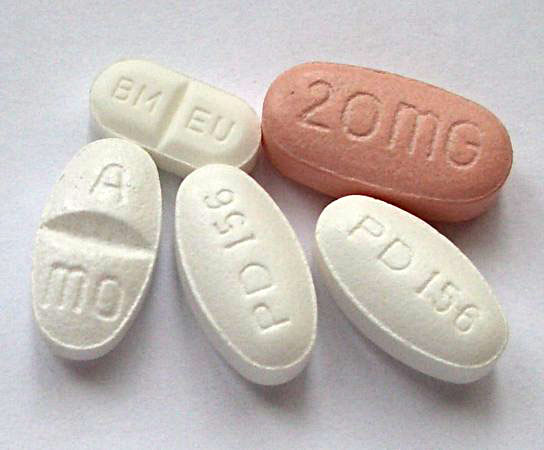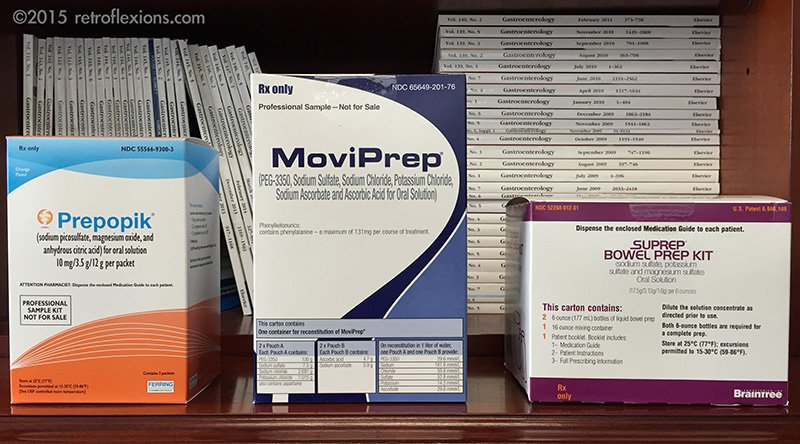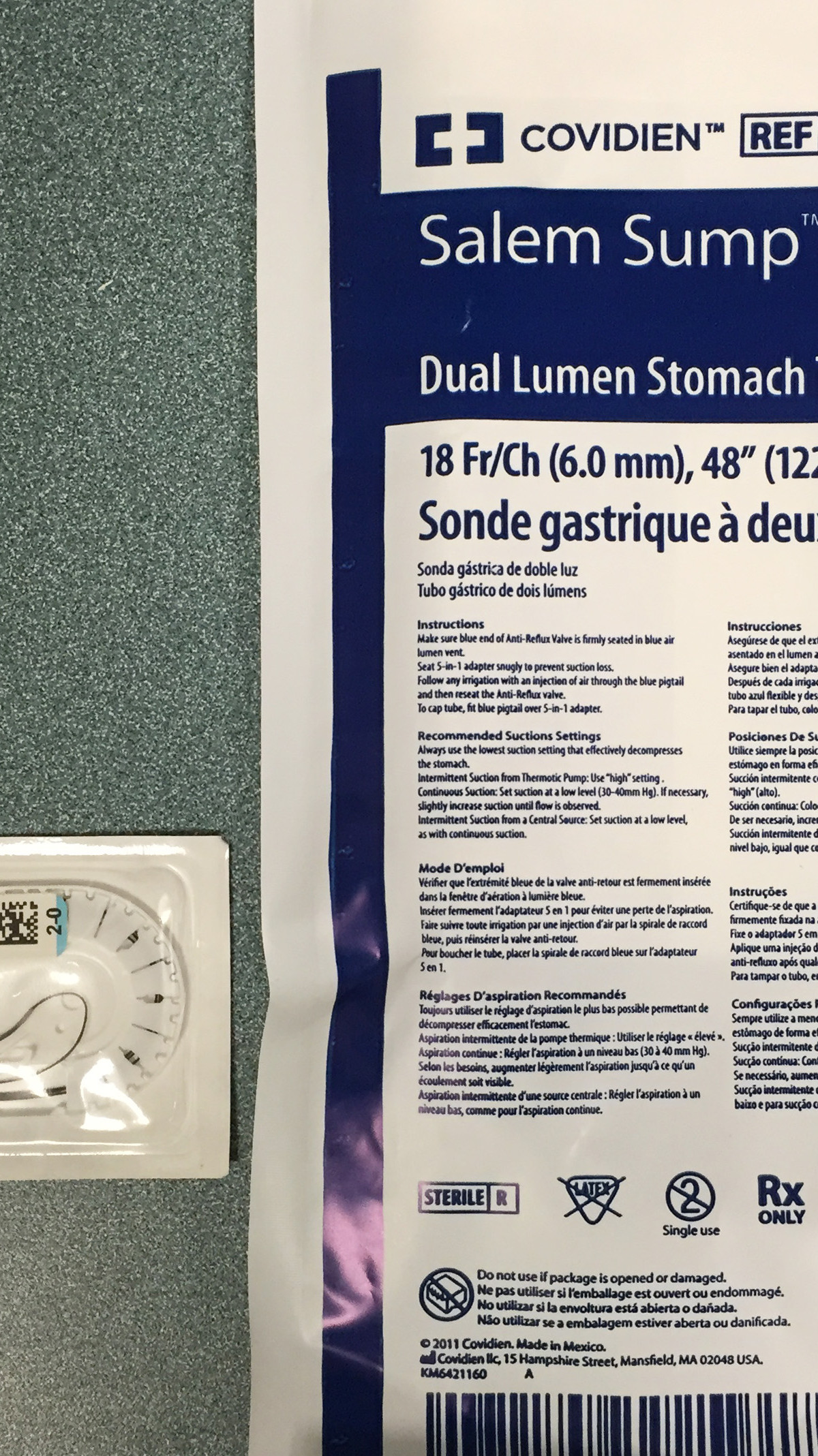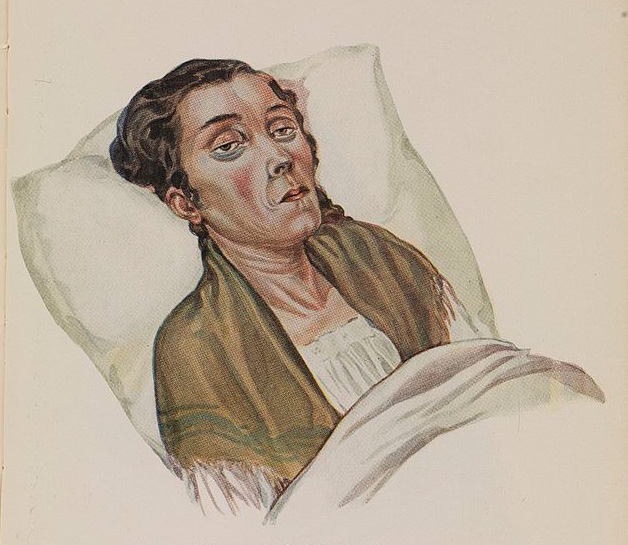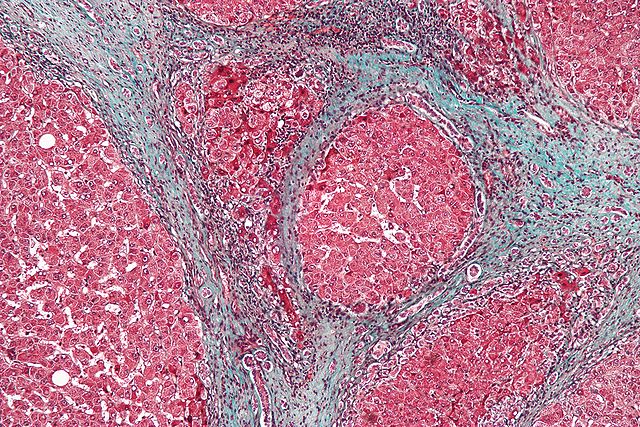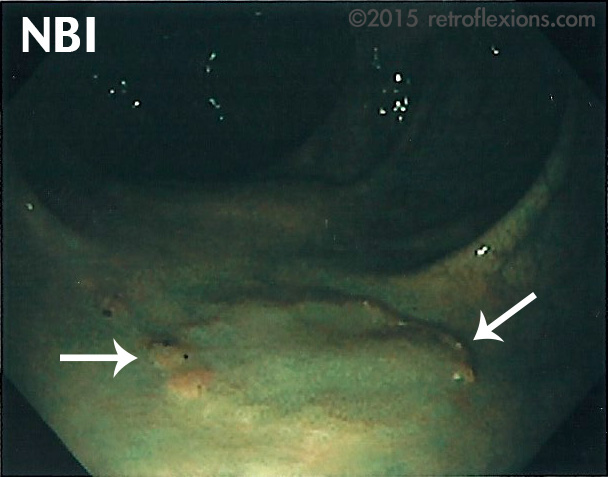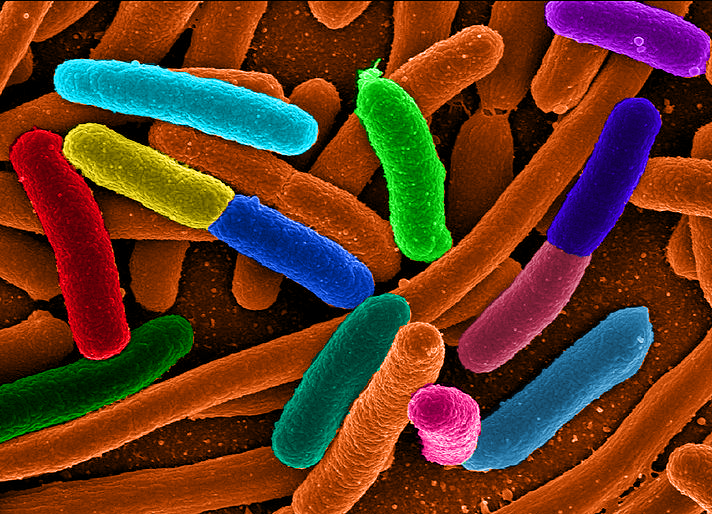Clostridium difficile (C. difficile) has become the most commonly hospital acquired infection in the US, and also occasionally causes infection in people in the community without any traditional risk factors. C. difficile infects the colon and causes inflammation called colitis. The symptoms are usually diarrhea, abdominal pain, fever, and sometimes nausea and vomiting. C. difficile is treated with specific … Read more
Dr. Gandolfo is a board-certified gastroenterologist in Long Island, NY. He is the founder of Retroflexions.com and enjoys writing about healthy living and the practice of medicine. He started his solo practice, Precision Digestive Care, in 2018.
Posts by Frederick Gandolfo, MD
“Are you still taking lasix?” I asked the patient. He was new to the office, here for a routine post-hospital follow up visit after recently being admitted for decompensated cirrhosis with ascites and fluid overload. His dose of lasix was resumed prior to discharge, and he was supposed to be taking 80 mg daily. “I … Read more
Coffee is enjoyed all over the world, perhaps more than any other substance except for water and air. We all are familiar with the stimulant effects of coffee, and independent of this effect caffeine is also a weak mood-elevating substance. There are many social rituals that revolve around coffee too. In fact, this blog probably … Read more
The adenoma detection rate (ADR) is currently the best "report card" for colonoscopy performance available. All doctors that perform colonoscopy are not equally good at it. All endoscopists should be measuring their own individual ADR, and working to push that number higher and higher.
As a patient, you only have control over a few parts of your colonoscopy. Usually you have a choice of which doctor does the procedure. You have a choice of showing up on the day of the procedure vs. running in the other direction. And finally, you have control on how well you are “prepped” … Read more
Bad news is always hard to break. I would like to think that I get better at breaking bad news after doing it over and over, but it doesn’t make it easier. Some experiences stick with you and this is one of them: Several years ago I was making rounds in the hospital and my … Read more
Most of the time, nasogastric tubes can be easily passed "blindly" at the bedside without any special equipment or sedation. However, every once in a while, the tube cannot be passed for various reasons, often related to problems in the esophagus such as strictures, tumors, or large hiatal hernias.
Part one of this topic can be found here. Nonselective beta-blockers (NSBBs) are often indicated for prevention of variceal bleeding in cirrhotic patients. However, there has been a large amount of data in the past several years that have raised serious concerns over the safety and utility of beta-blockers in patients with more advanced cirrhosis. … Read more
Cirrhosis is the final common stage of most types of chronic liver disease, and appears as “scarring” of the liver tissue under the microscope. The liver becomes firm, and instead of blood flowing easily through the organ on the way back to the heart there is a high level of resistance to blood flow through … Read more
“Hi, it’s Dr. Smith…are you taking consults today?” the voice on the other side of my short-range hospital phone said. I recognized the callers name as one of the new hospital doctors, known as hospitalists. “Of course,” I said, “what have you got?” I guess some groups have a specific doctor for the day “take” … Read more
This is a flat polyp. It’s about the size of a dime or so. This was found on a routine colonoscopy in the ascending colon. The patient had an excellent bowel prep. Colonoscopy has been shown to prevent colon cancer by detecting and removing polyps which are known to be precancerous (known as adenomatous polyps). … Read more
I believe in transparency and open communication. I tell my patients the truth and expect the same in return. The truth seems to have a way of coming out eventually anyway. Establishing a complete and accurate history early on in our relationship will lead to less unnecessary testing, less office visits, and far less uncertainty. … Read more
There have been a lot of reports surfacing recently regarding strange infections associated with endoscopy. At the time of publication of this article, there have been about 135 confirmed cases of infection with Carbepenem-resistant Enterobacteriaceae (CRE), which are mainly multi-drug resistant E. coli and Klebsialla species. These infections are relatively rare in general, and are very problematic … Read more
I must inform you that this is the end of the line. To a gastroenterologist, seeing these images during a colonoscopy signifies that the end of the colon has been reached. The more challenging portion of the procedure is over, and now the withdrawal phase begins, where the scope is slowly and methodically pulled back and … Read more
Why a gastroenterology blog? A quick search of google will show about a thousand gastroenterology blogs. However, if you look closer, about 99.8% of those “blogs” are really just advertisements for a doctor or a practice with titles like “when should I get a colonoscopy?” or “when should I contact a gastroenterologist about abdominal pain?” … Read more

